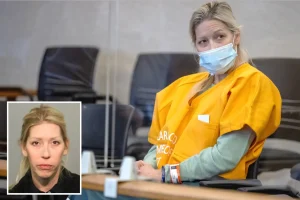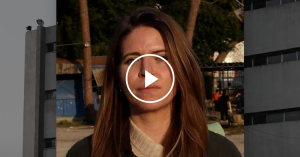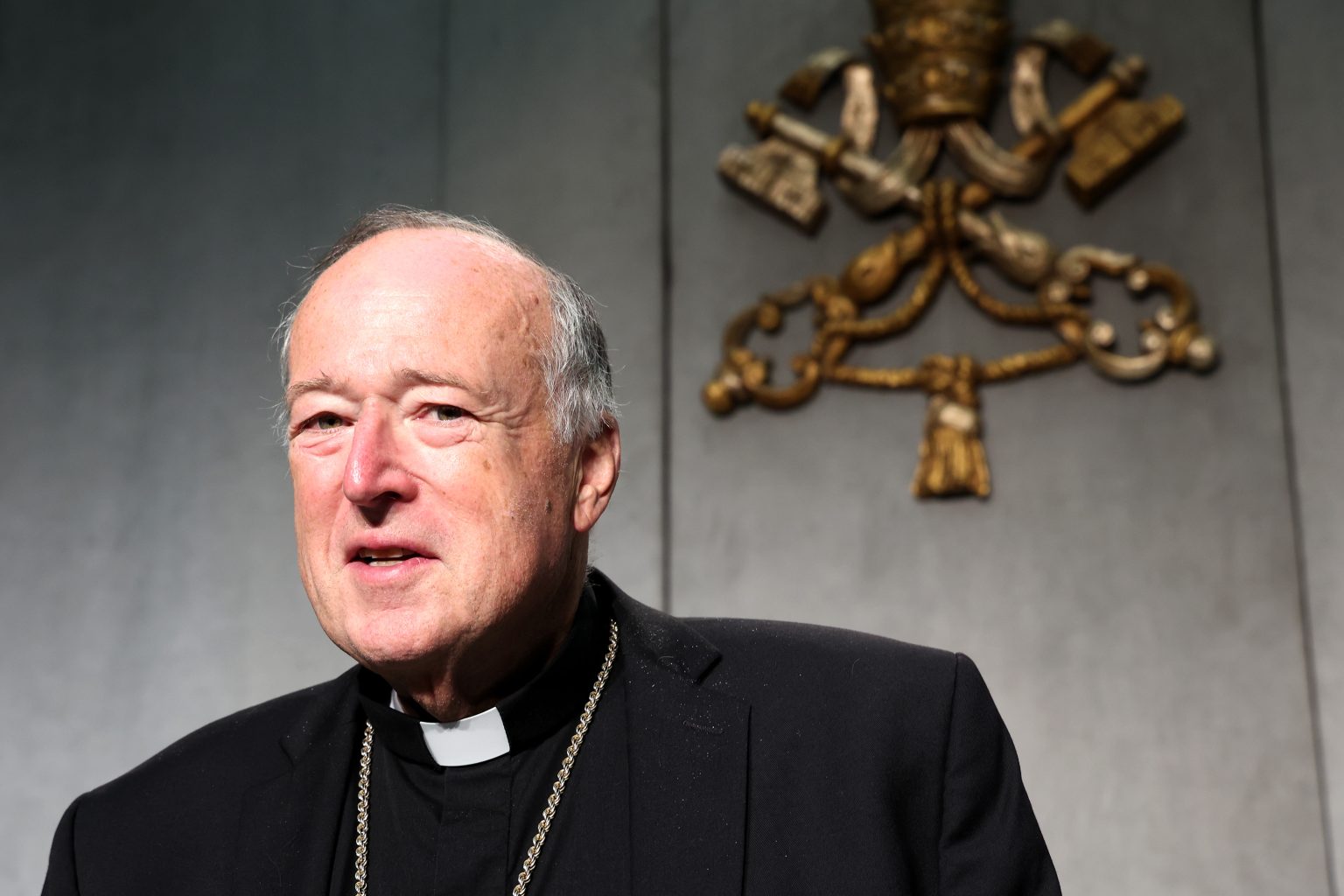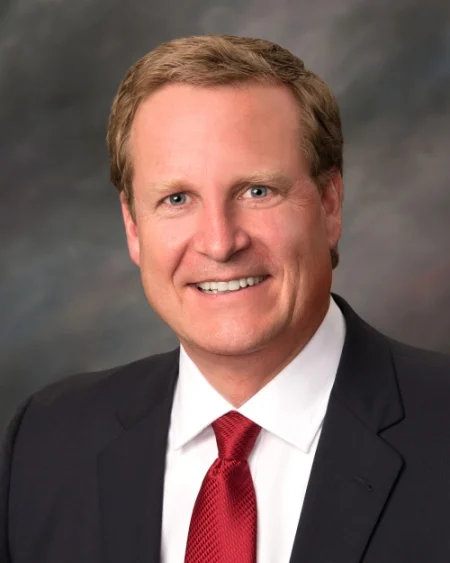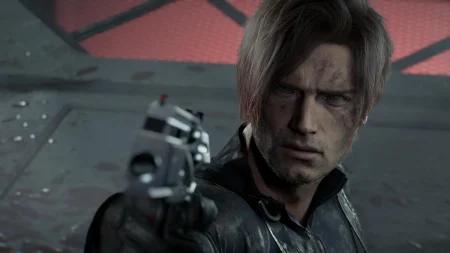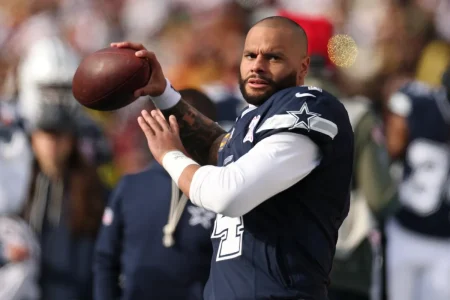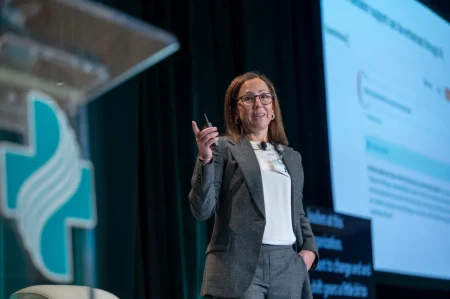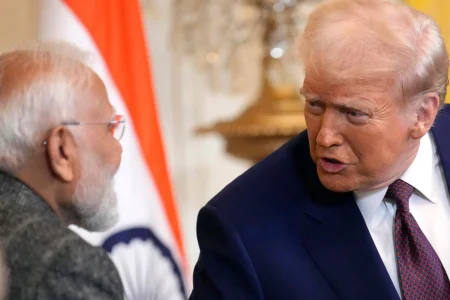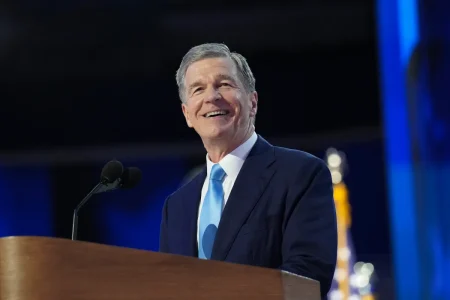Pope Francis’s appointment of Cardinal Robert McElroy as the Archbishop of Washington signifies a strategic alignment of the influential archdiocese with a prominent progressive voice within the Catholic Church. This decision, announced on the Epiphany, places McElroy at the epicenter of American Catholicism, particularly as a new presidential term commences, promising a dynamic interplay between faith and politics. McElroy’s elevation underscores Pope Francis’s vision for a more inclusive and socially engaged Church, potentially setting the stage for both collaboration and tension with the incoming administration.
The Archdiocese of Washington holds significant weight within the American Catholic landscape, encompassing over 670,000 Catholics across the District of Columbia and parts of Maryland. McElroy’s leadership of this prominent diocese places him in a position to influence national conversations on critical social issues. His appointment follows the retirement of Cardinal Wilton Gregory, who navigated the archdiocese through a period marked by resurfacing clerical abuse scandals. McElroy, at 70, brings a wealth of experience, having served in various pastoral and administrative roles in California, most recently as Bishop of San Diego, where he oversaw a diocese of over 1.3 million Catholics.
McElroy’s reputation as a champion of social justice precedes him. He has been a vocal critic of efforts to deny communion to Catholic politicians who support abortion rights, arguing for a more nuanced approach that doesn’t weaponize the sacrament. He has also challenged the U.S. bishops’ perceived overemphasis on abortion as the “preeminent” moral issue, advocating for equal attention to other pressing social concerns such as racism, poverty, and climate change. This stance aligns closely with Pope Francis’s own emphasis on a holistic approach to social justice, articulated in his encyclical Laudato Si’ and other pronouncements. McElroy’s appointment signals a potential shift in the American Catholic Church’s political engagement, moving beyond single-issue advocacy to a broader focus on social justice and human dignity.
McElroy’s arrival in Washington coincides with anticipated shifts in national policy, particularly regarding immigration. During his introductory press conference, McElroy expressed concern over potential stricter immigration policies, suggesting that mass deportations would be “incompatible with Catholic doctrine.” He also highlighted the urgency of addressing climate change, echoing Pope Francis’s call for environmental stewardship. These pronouncements suggest that McElroy’s leadership will likely be marked by a willingness to engage with political discourse, particularly when it intersects with moral and ethical considerations. His background, which includes degrees from Harvard, Stanford, and the Pontifical Gregorian University in Rome, demonstrates his intellectual capacity to engage complex issues.
McElroy’s appointment has been met with enthusiasm from various quarters, including prominent Catholic voices like religious scholar Natalia Imperatori-Lee and Jesuit priest and LGBTQ+ advocate Father James Martin. Imperatori-Lee praised McElroy’s competence, kindness, and willingness to advocate for the vulnerable, recognizing the significant challenge of leading the archdiocese in such close proximity to the seat of U.S. political power. Father Martin highlighted McElroy’s academic credentials and pastoral experience, describing him as one of the most capable clerics in the American Church. These endorsements reflect the high regard in which McElroy is held within progressive Catholic circles and suggest a groundswell of support for his leadership.
Looking ahead, McElroy’s tenure as Archbishop of Washington promises to be closely scrutinized. His navigation of the complex relationship between faith and politics in the nation’s capital will be a defining aspect of his leadership. His focus will likely be on fostering unity within the Church while simultaneously advancing Pope Francis’s agenda of inclusivity and a comprehensive approach to social justice. His introductory remarks, delivered in Spanish to the large Latino community in Washington, underscore his commitment to a welcoming church, echoing Pope Francis’s message that “todos, todos, todos” – everyone – is welcome, without exception. This inclusive message sets the tone for his leadership and suggests a commitment to engaging with the diverse communities that comprise the Archdiocese of Washington.

